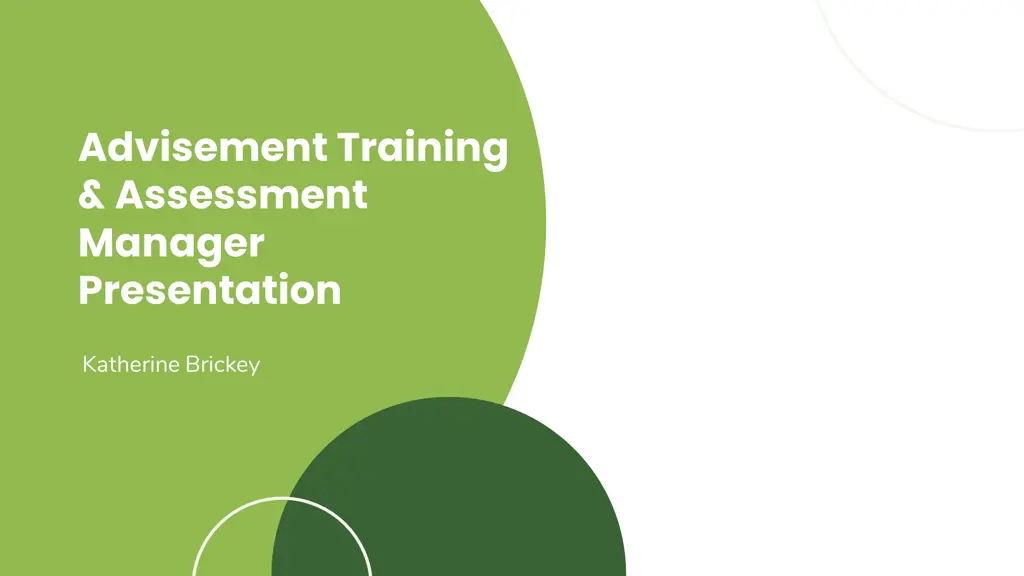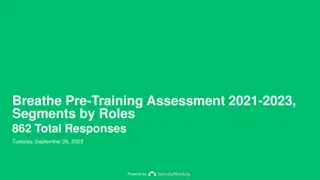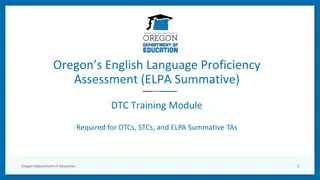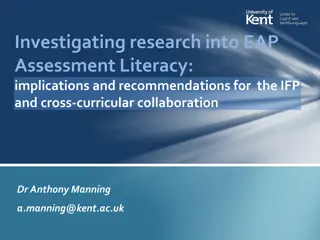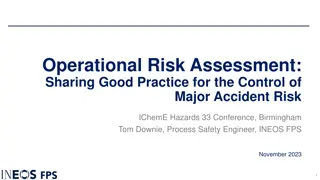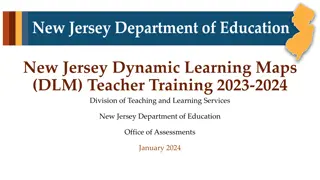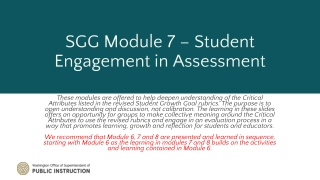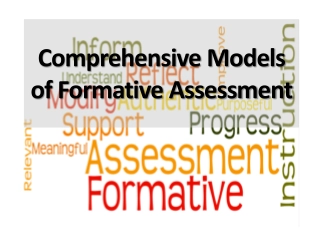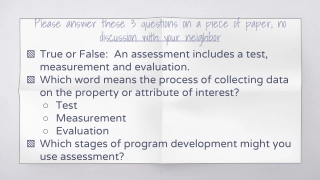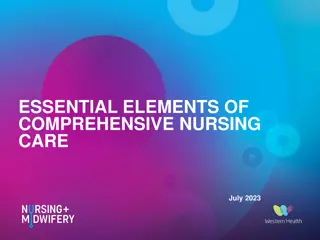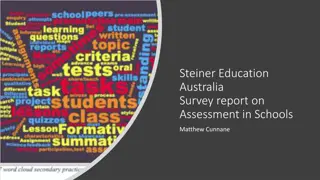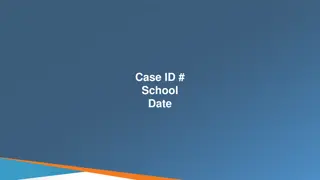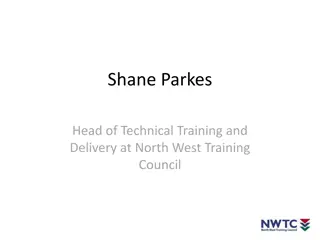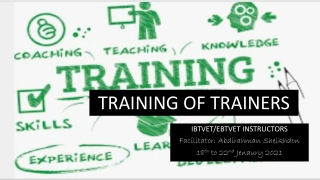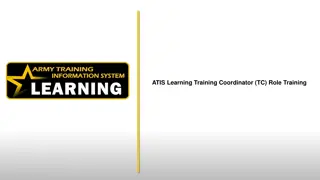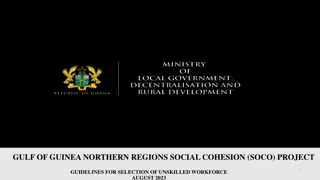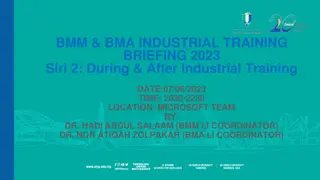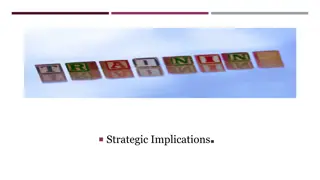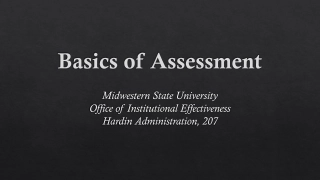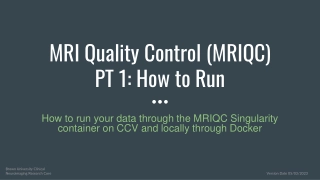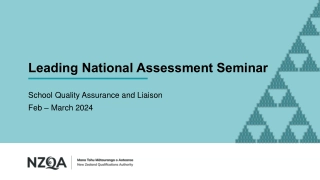Advisement Training & Assessment Manager Presentation
Explore proactive, prescriptive, and developmental advising models. Learn how technology and data can improve the advising experience for students and advisors.
Download Presentation
Please find below an Image/Link to download the presentation.
The content on the website is provided AS IS for your information and personal use only. It may not be sold, licensed, or shared on other websites without obtaining consent from the author. Download presentation by click this link. If you encounter any issues during the download, it is possible that the publisher has removed the file from their server.
Presentation Transcript
Advisement Training & Assessment Manager Presentation Katherine Brickey
Prompts & Objective 01 My preferred advising approach 02 The use of Technology in Academic Advising 03 The role of Data and Assessment in Academic Advising How each of these could be used to improve or enhance the advising experience for students and advisors. Understand how technology and data is improved upon, in hopes that this will inform our attitude toward the technology we use and the data we extract. Keyword: Possibilities
Approaches Proactive Advising Prescriptive Advising Developmental Advising This advising model is based around the idea that not all students are going to take the initiative/may not know how to take the initiative when in need of advising. Prescriptive advising is linear communication from the advisor to the advisee and places most of the responsibility not on the student, but the advisor. The advisor is required to have the answers. The developmental advising model holds that the academic advisor and the advisee are partners in educational discovery in which responsibility is shared between the participants.
Utah Valley University Institutional Research Data Over 25 YO 25% First Gen 33% Non resident 10% BIPOC 18%
01 My preferred advising approach
Coaching Through Literature Training training on effective listening and communication skills, diversity and inclusivity, and extracting meaning from texts Gather participants Academic advisors and students Text selection and study implement Selection of diverse texts and poems addressing diverse issues. One month long qualitative and quantitative data Outcomes Students build on their critical thinking, decision- making, problem-solving, introspection, and self- advocacy life-long essential skills collection
I'm learning to say thank you. And I'm learning to say please. And I'm learning to use Kleenex, Not my sweater, when I sneeze. And I'm learning not to dribble. And I'm learning not to slurp. And I'm learning (though it sometimes really hurts me) Not to burp. And I'm learning to chew softer When I eat corn on the cob. And I'm learning that it's much Much easier to be a slob. Quick Practice Learning By Judith Viorst
02 Use of Technology in Academic Advising
Think of the Possibilities No pictures Flip phone Low pixel High definition 1980s 1990s 2000s Now
Process of Improving Technology & Data Collection Success Rate
03 The role of Data and Assessment in Academic Advising
Data can tell us whether technology is working for us Improve People s Lives Make Informed Decisions Stop Molehills From Turning Into Mountains Find Solutions To Problems More collaboration across department Back Up Your Arguments
We encourage and embrace the possibilities.
Works Cited https://nacada.ksu.edu/Programs/Excellence-in-Academic- Advising.aspx https://www.missouristate.edu/Policy/Chapter3/Op3_26_4_AdvisingTh eories.htm chrome- extension://efaidnbmnnnibpcajpcglclefindmkaj/https://www.middlesex. mass.edu/advising/downloads/advtheories.pdf
